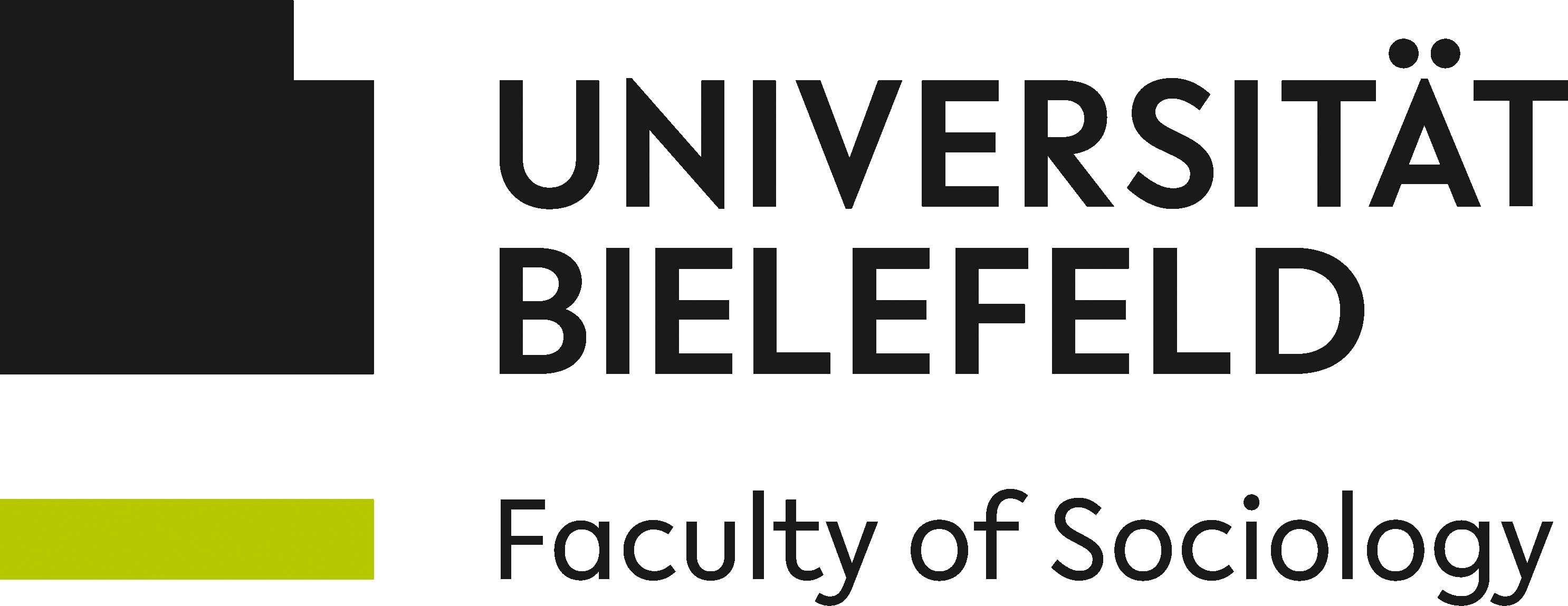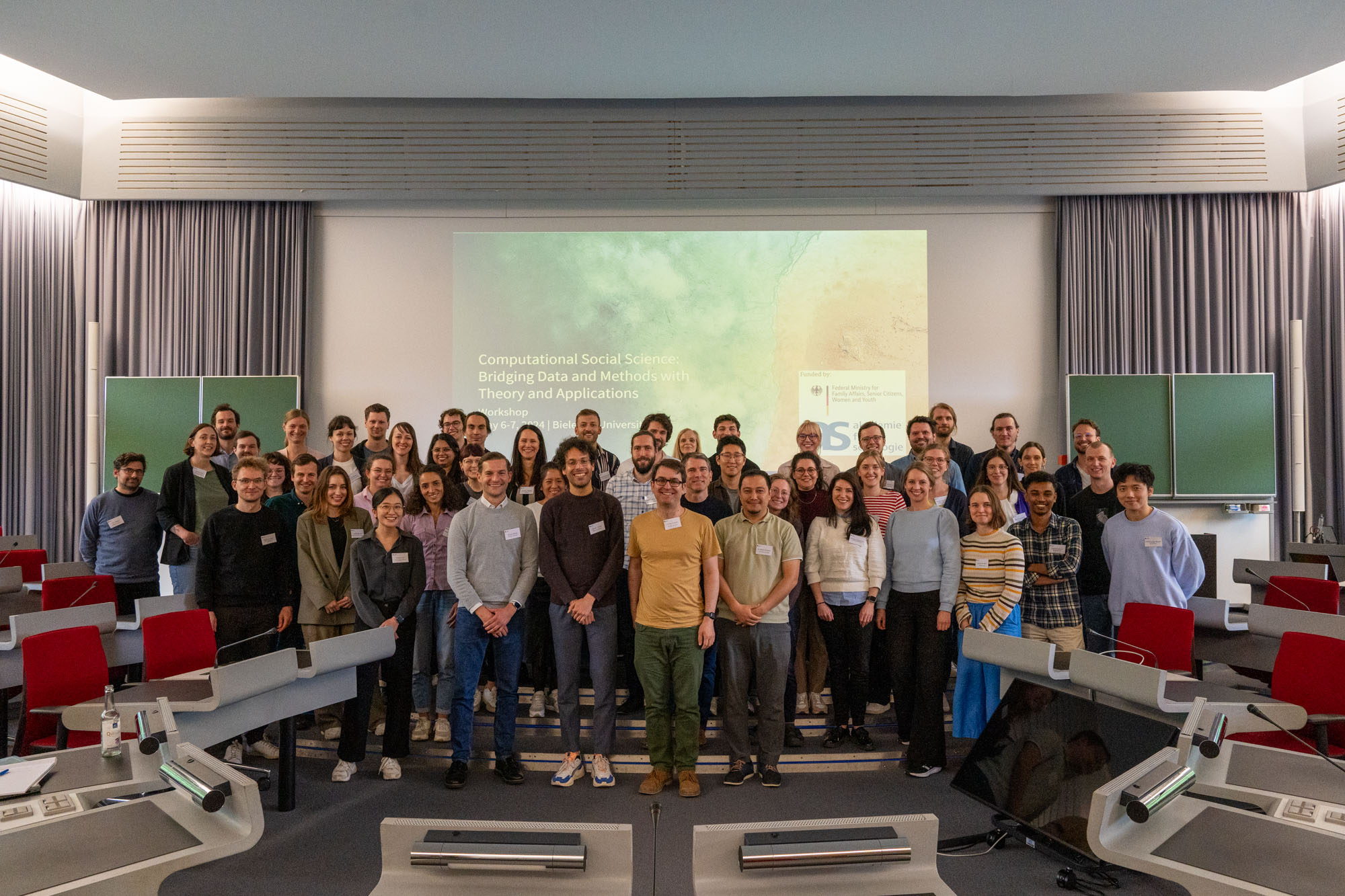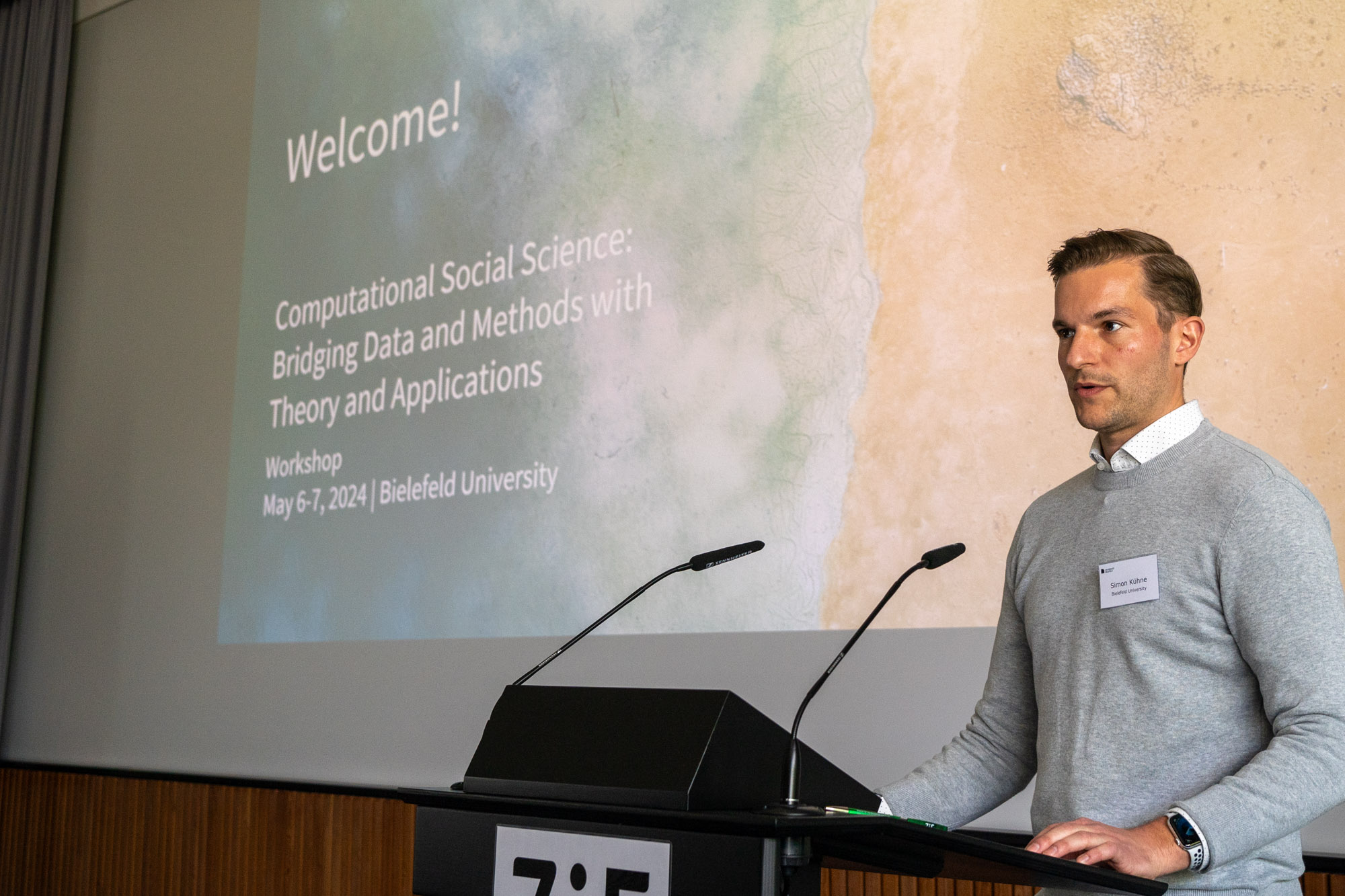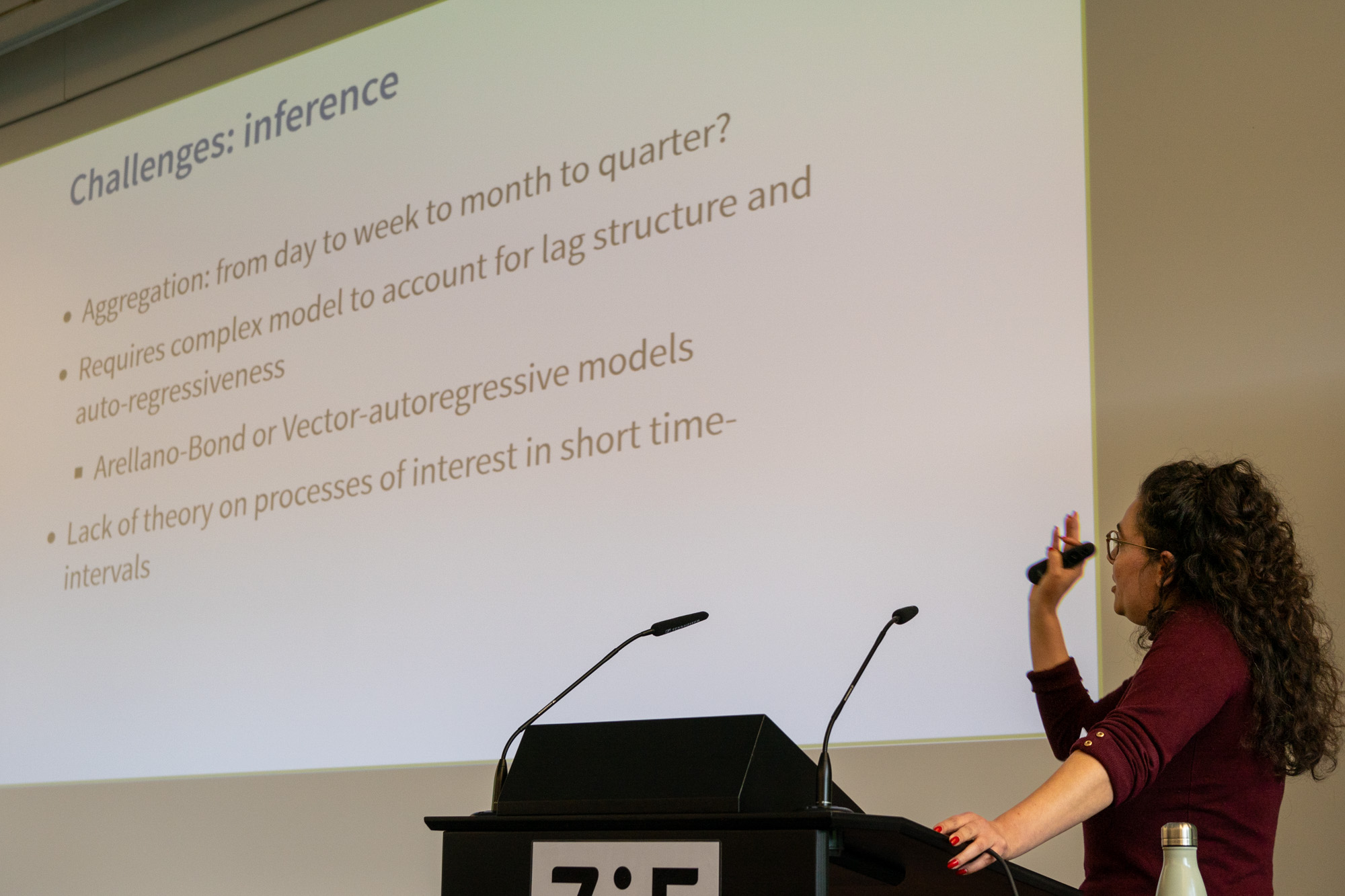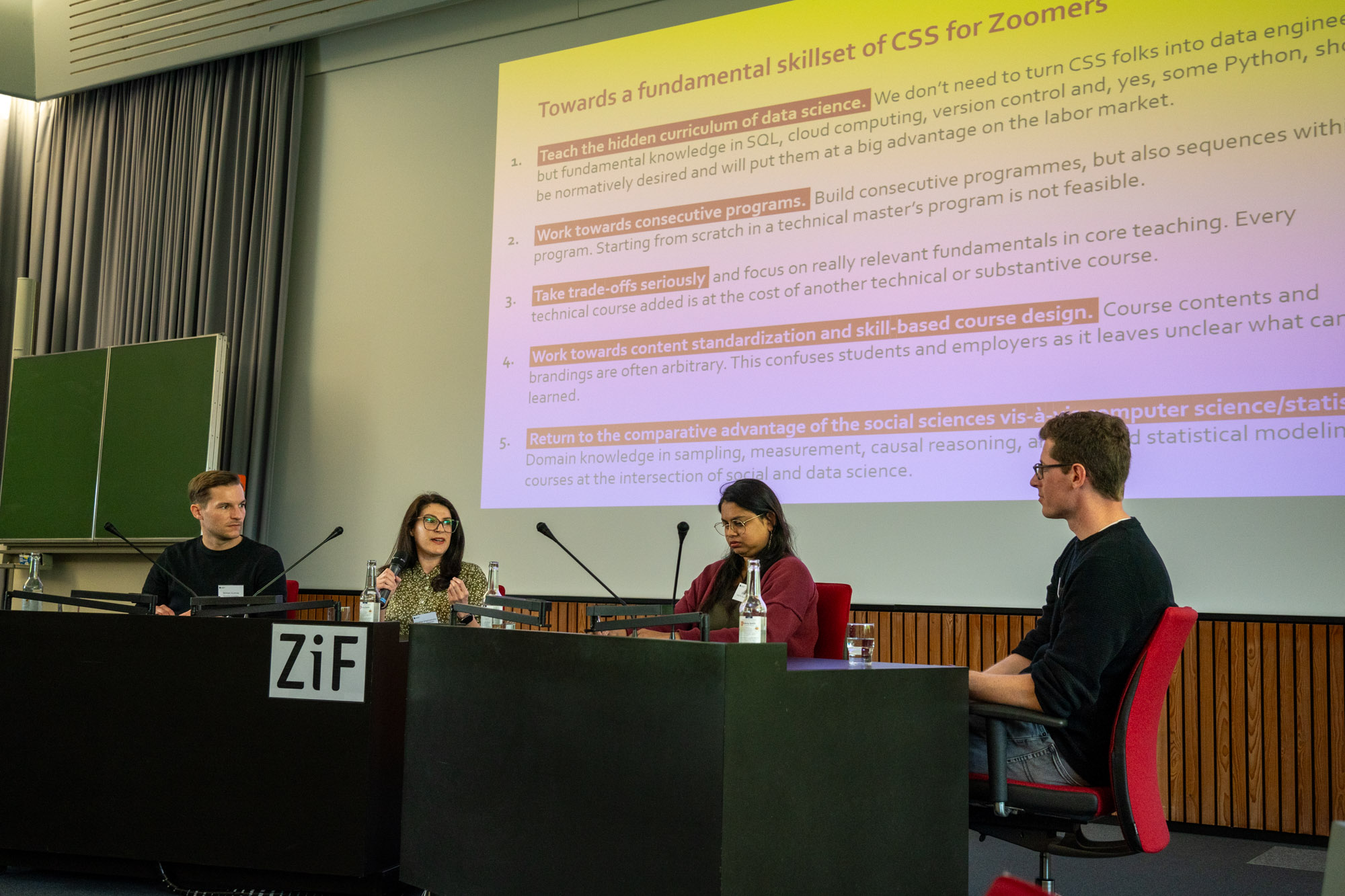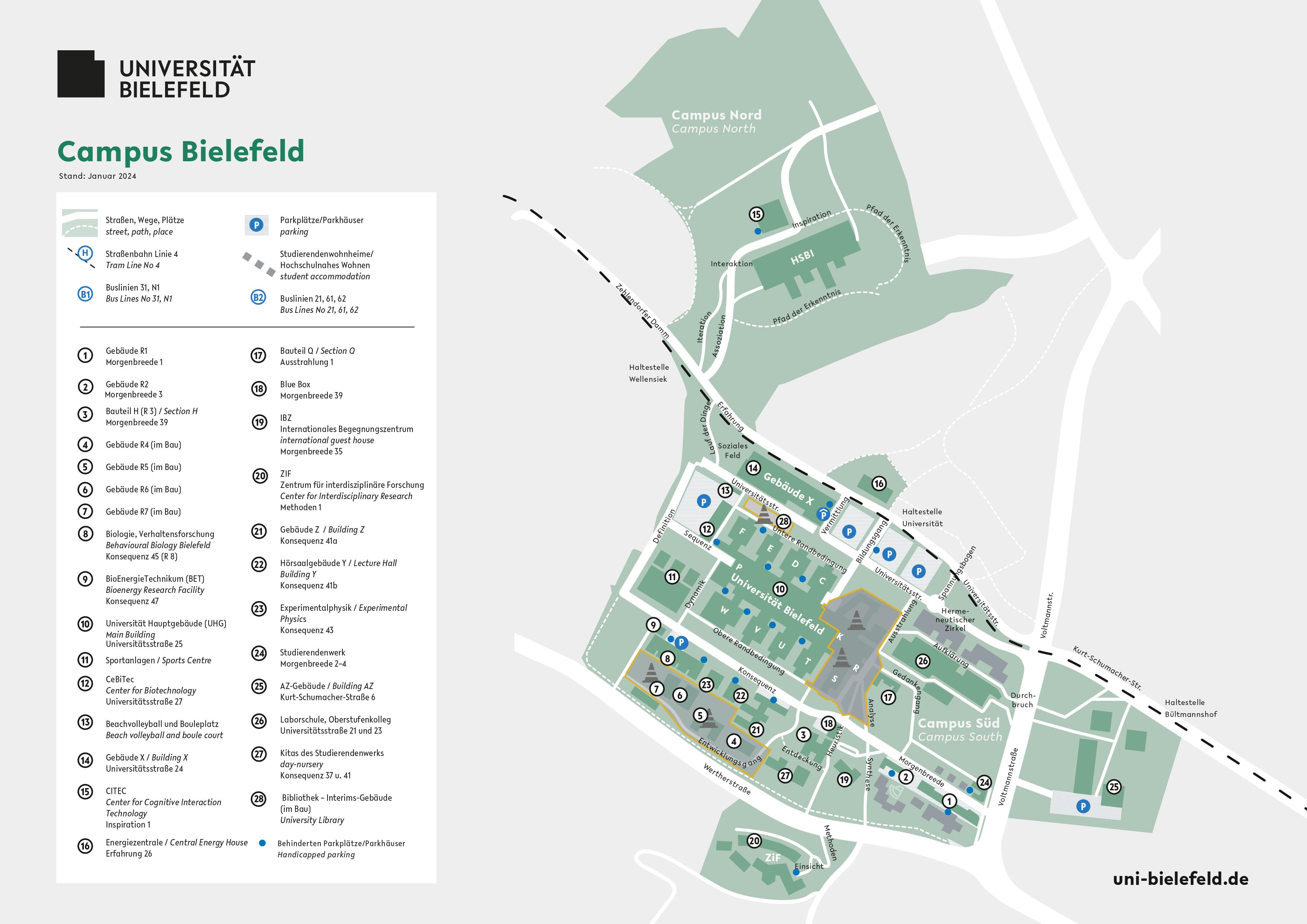Workshop Impressions
On May 6 and 7, 2024, our workshop on “Computational Social Science: Bridging Data and Methods with Theory and Applications” took place at ZiF/Bielefeld University. Over the course of the event, participants engaged in interactive sessions and inspiring discussions. The enthusiasm and commitment of everyone present were truly remarkable, making the workshop both enjoyable and highly productive.
We extend our thanks to all the speakers, poster presenters and participants for their active involvement, insightful contributions, and positive energy. Your participation played a crucial role in the workshop’s success, and we are grateful for your support.
Given the highly positive feedback, we are excited to explore the possibility of turning this workshop into an annual series.
We also have created a mailing list for computational social science with a focus on news from the DACH region (Germany, Austria, Switzerland). Researchers interested in computational social science are welcome to subscribe and share news that might be of interest to their colleagues. Emails should be written in English or include an English translation. To subscribe (“Abonnieren”), please enter your e-mail address (“Ihre E-Mail-Adresse”) and name (“Name”) at: https://www.listserv.dfn.de/sympa/subscribe/css
Stay tuned for updates on future events!
Thank you once again for making this workshop a memorable and impactful experience!
Warm regards,
Simon, Dorian and Stefan
Call for Participation
Dear Colleagues and Researchers in Computational Social Science,
We invite you to take part in our upcoming workshop dedicated to Computational Social Science (CSS), scheduled to take place at Bielefeld University on May 6th and 7th 2024. This two-day, in-person workshop aims to connect CSS scholars from all across Germany, providing a platform for networking, professional development, and the exchange of ideas in this dynamic field.
Computational social science (CSS) has emerged as a significant research field over the years. While different descriptions and definitions are available, CSS may be defined as a research approach that utilizes computational methods, often in conjunction with big and unstructured data, to investigate research questions in social science disciplines such as sociology, political science, and economics. In a landscape where CSS is increasingly recognized for its potential to revolutionize social science research, our workshop seeks to address some of the key challenges and opportunities in the field. We will focus on integrating computational methods with theoretical frameworks from sociology, political science, economics, and more, aiming to elevate the quality and impact of CSS research.
What to expect
- Invited Talks: Hear from leading scholars in Germany who will share insights on conceptual challenges and best practices in CSS. Have a look at the program below.
- Panel Discussion: Engage in a discussion with experts and peers on current and future trends in CSS education and training.
- Early Career Poster Session: You are an early career CSS researcher? Present your research in a poster session!
- Networking Opportunities: Connect with fellow researchers and professionals to build a robust CSS community in Germany.
Who Should Attend? This workshop is for academics, researchers, and professionals involved in CSS or interested in the application of computational methods in social science research. Whether you are an experienced scholar or a young researcher in this field, your contributions and participation will be highly valued.
Note: As the workshop features invited talks and sessions aimed for academic exchange, no submission of own research is required (unless you want to present in the early career poster session).
We look forward to welcoming you to an engaging and inspiring event!
Workshop Registration
The workshop welcomes researchers from all career levels as non-presenting participants to partake in discussing directions of CSS research and networking with other CSS scholars. Slots will be allocated on a first-come, first-served basis.
Participation Fee: 25 €
Registration via Email: cssworkshop@uni-bielefeld.de
Registration Deadline: April 15th, 2024
You will receive an email with payment details following your registration and your slot will be reserved for you upon payment.
Call for Posters (Early Career Researchers)
Additional slots are available for early career researchers who wish to present their computational social science projects in the poster session. Please submit a short abstract of up to 300 words about the poster you would like to present with your registration email. These seats will also be allocated to eligible poster proposals on a first-come, first-served basis. We especially welcome posters on:
- Best practice applications of computational methods/big data to (complex) social science research questions
- Results and research designs from computational social science research projects
- Theoretical and conceptual challenges of CSS research
- CSS methods and innovations; mixed methods
- Data linkage applications and methods for enriching large/online data sources
Participation Fee: 25 €
Registration via Email: cssworkshop@uni-bielefeld.de
Registration Deadline: April 15th, 2024
After a short evaluation of your poster with regard to the conference theme, you will receive an email with payment details. Your slot will be reserved for you after payment.
Program
Last updated: 2024-04-17
Day 1: Monday, May 6th 2024
13:00 - 13:30
Arrival & Check-In
13:30 - 14:00
Welcome and Introduction
Simon Kühne, Bielefeld University
14:00 - 15:30 | Session 1: CSS quo vadis?
CSS Quo Vadis – Research Trends and Infrastructure Developments
Claudia Wagner, RWTH Aachen University & GESISAlgorithms and inequality through the lens of the social sciences
Ruben Bach, Mannheim Centre for European Social ResearchIncorporating Theory in Computational Measures of Social Phenomenon
Indira Sen, RWTH Aachen University
15:30 - 16:00
Coffee Break (vegan and vegetarian)
16:00 - 17:30 | Session 2: Text as Data
Linking Textual Data
Andreas Blätte, University of Duisburg-Essen & DeZIM Research CommunityText-as-data Methods in the Social Sciences - Challenges and Opportunities
Sophia Hunger, University of BremenSecond-Order Saliency Theory - A Theory of Issue Misclassification for Text Scaling
Marius Sältzer, University of Oldenburg
Afterwards | Group Photo
18:00 - 22:00
Drinks & Dinner (vegan and vegetarian)
Day 2: Tuesday, 7 May 2024
09:00 - 10:00 | Panel Discussion
Towards a fundamental skillset of CSS for Zoomers (Impulse Presentation)
Simon Munzert, Hertie SchoolPanel Discussion:
Nikolitsa Grigoropoulou, University of Bremen
Simon Kühne, Bielefeld University
Simon Munzert, Hertie School
Indira Sen, RWTH Aachen University
Moderation: Dorian Tsolak, Bielefeld University
10:00 - 10:45
Poster Session + Coffee Break (vegan and vegetarian)
10:45 - 12:15 | Session 3: Best Practices
The emergence of a scientific field. An ecological approach to analyze social and cognitive structures at scale
Raphael Heiberger, University of Stuttgart & Mark Wittek, University of CologneArtificial Intelligence in Elections
Andreas Jungherr, University of BambergIslamist terrorist events and the employment of Middle Eastern men: A big data approach linking administrative records
Malte Reichelt, Friedrich-Alexander University Erlangen-Nuremberg (FAU)
12:15 - 13:00
Lunch (vegan and vegetarian)
13:00 - 14:00 | Session 4: CSS Methods
Big Data, Big Bias? Understanding and Addressing Biases in CSS
Valerie Hase, Ludwig Maximilian University of Munich (LMU)How can qualitative methods advance CSS research? An illustration assessing the reliability of business location data
Nikolitsa Grigoropoulou, University of Bremen
14:00 - 14:15
Closing Session & Outlook
Stefan Knauff, Bielefeld University
Venue
Center for Interdisciplinary Research (ZiF: Zentrum für interdisziplinäre Forschung)
Bielefeld University
Methoden 1
33615 Bielefeld
Germany
https://www.uni-bielefeld.de/ZiF/
How to arrive at the venue
Campus Map
The Center for Interdisciplinary Research (ZiF: Zentrum für interdisziplinäre Forschung) is at the southern end of the campus. It has the number 20 on the campus map.
Organizing Team
The workshop is organized by the project team of the Research Alliance on Racism and Discrimination at Bielefeld University, which uses CSS methods to study racism in large text corpora.
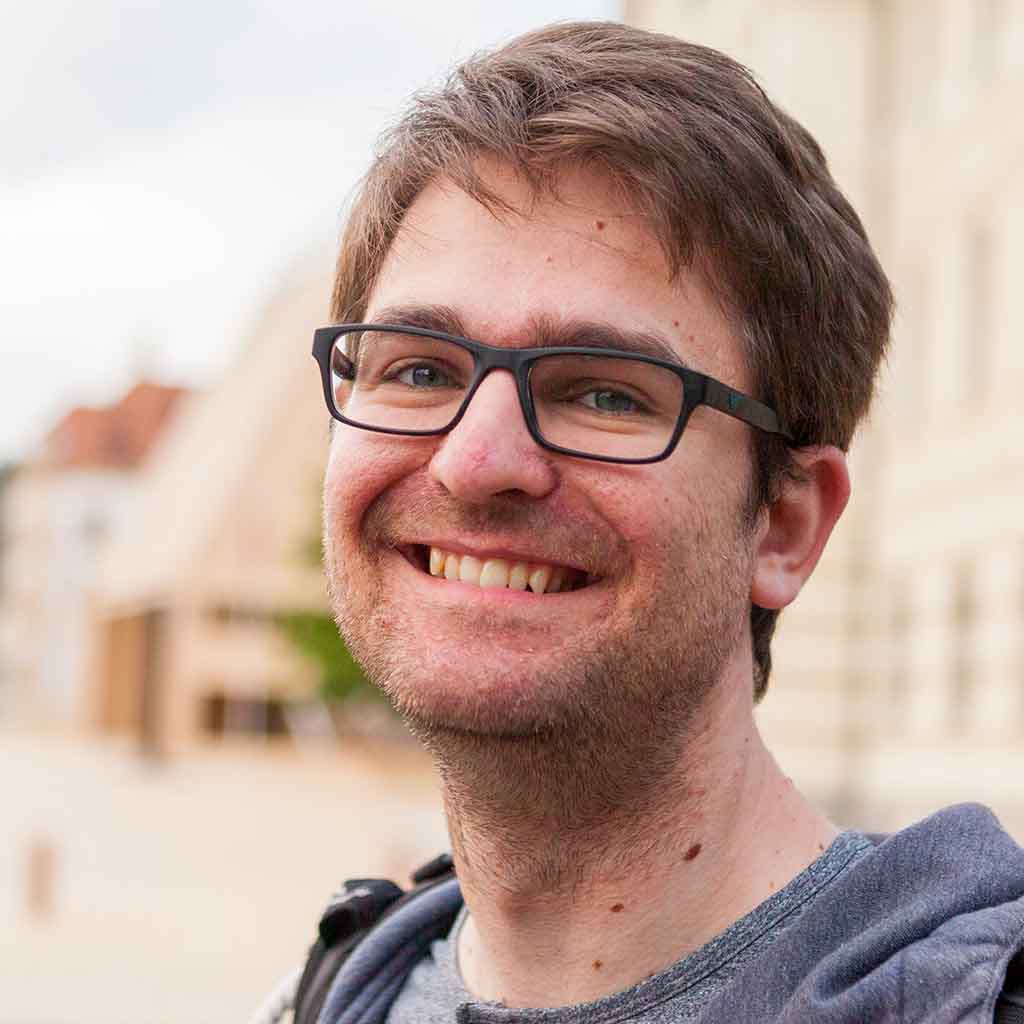
Stefan Knauff
Institute for Interdisciplinary Research on Conflict & Violence (IKG)
Bielefeld University

Prof. Dr. Simon Kühne
Faculty of Sociology
Bielefeld University
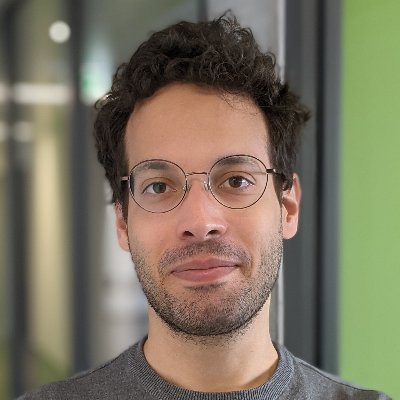
Dorian Tsolak
Faculty of Sociology
Bielefeld University
Contact
Reach out to the organizing team at cssworkshop@uni-bielefeld.de
Funded by

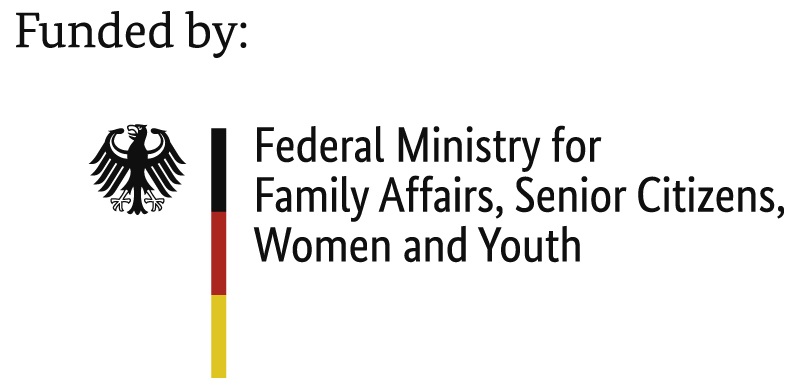
Partners
